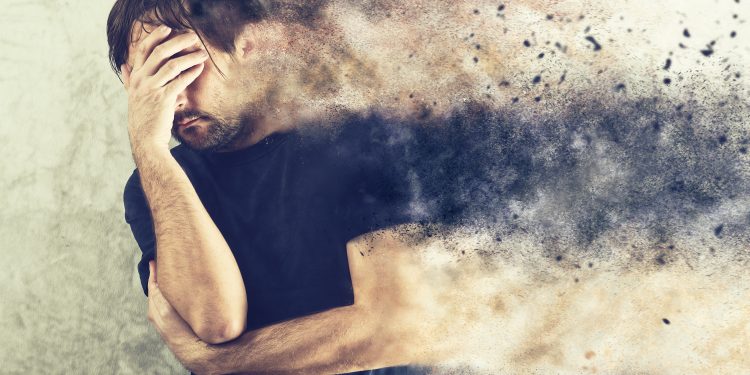by Dr. Perry Maynard
Individuals suffering from traumatic brain injuries commonly present with complaints that include headaches, dizziness/vertigo, depression, and anxiety. Traumatic brain injuries can come with a myriad of symptoms, but sometimes individuals will suffer from symptoms that actually result from various causes unrelated to the brain injury.
You may be asking yourself what causes these types of symptoms and are they possibly related? One of the most debilitating symptoms after a TBI can be anxiety, which can affect all aspects of a person’s life.
After a TBI it is common for individuals to describe their anxiety as uncontrollable, appearing from nowhere with no cognitive or psychological trigger. Some feel the anxiety is coming from deep within their body.
These symptoms can be secondary to an injury to numerous areas of the brain along with neuroinflammation and microglial priming, which can lead to altered brain function and neurochemistry. They can also be secondary to altered sensory processing of the environment around us.
Sensory Processing
Our brains are always scanning our environment to determine our immediate safety. We take in information from various sensory organs (inner ear, eyes, muscles and joints, and sound) to give us an idea of our environment. This information is processed first in the subconscious areas of the brain where it is then sent up through various filters into higher areas of our brain. These higher centers help us make sense of our feelings and to form a conscious thought or emotion about our environment. These systems can be negatively affected after a TBI, such as in how the brain processes multiple signals such as visual information and even gravity, and how the brain merges these multiple signals.
Our sensory systems are the foundation to the brain and how it experiences the world. When they break down, individuals can become extremely anxious and even terrified to leave their house.
Brain Map
One way to think about how your brain’s senses help you appropriately interact with your environment is to think of the brain like a map. Your inner ear gives you your starting position in the world — your longitude and latitude. Once you have those coordinates, your eyes can now help you understand where the world is relative to your head. A head injury can skew one’s perception of the world. This mismatch creates constant error signals in your brain and those error signals can be extremely stressful and taxing.
Your neck helps you understand where your body is relative to your head, and an injury can sometimes distort our perception of the head-body connection, which can lead to all sorts of symptoms but especially symptoms of unease and discomfort about how your body feels. Some patients will say they don’t feel like their body is theirs or they don’t feel connected to their body. As you can imagine, this can cause great anxiety.
What to do
Anyone who has suffered a TBI and is experiencing anxiety needs a complete workup, one that includes inner ear testing, balance testing, and visual tracking testing, as well as a comprehensive neurological examination and comprehensive lab work.
Far too often, individuals who suffer anxiety after a TBI are medicated and pushed aside. It is paramount that doctors examine all possible causes of anxiety after a head injury, and most importantly, alterations in sensory processing. If an individual is suffering disorientation, dizziness, or motion sensitivity, it will more often than not cause anxiety and/or make one’s preexisting anxiety worse. If anxiety is secondary to issues with sensory processing then treatments like vestibular rehabilitation, vision therapy, and manual therapy can be extremely helpful in treating the anxiety and results can occur relatively quickly.
Dr. Perry Maynard specializes in the management of complex neurological cases. He enjoys taking principles from cutting edge neuroscience and applying it to sports rehabilitation and overalll human performance. www.integratedbraincenters.com











